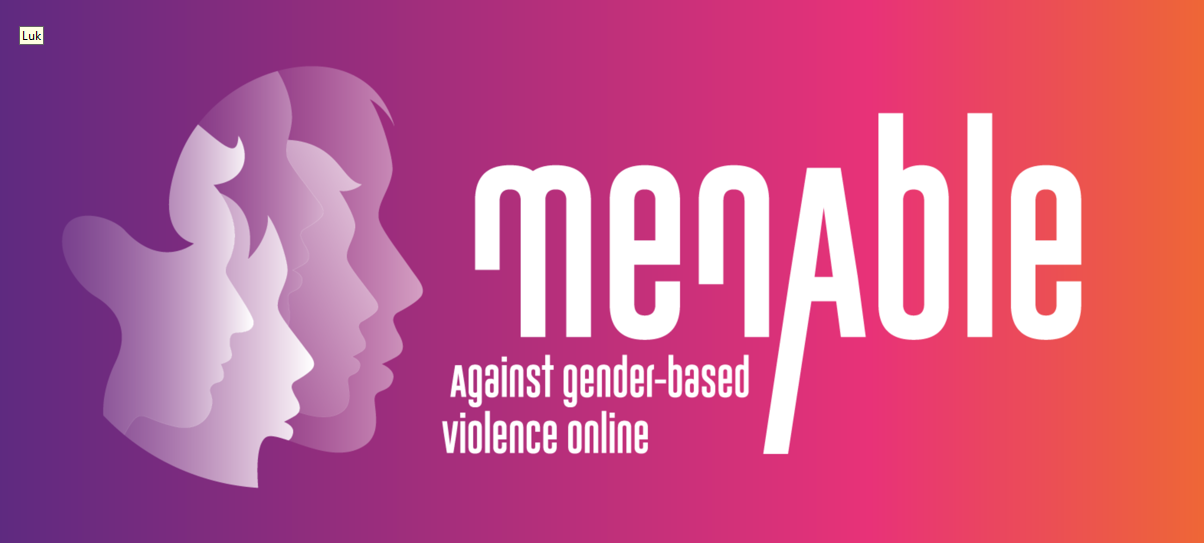Instagram og Musical.ly: Help young people adjust their settings
New feature on Instagram empowers children’s control
Instagram is one of the most used social platforms among children and young people today. As early as the 4th grade, this image -and video sharing service is widely popular. And it is understandable. Using Instagram, we are able to share our great moments as well as reflect ourselves in other people’s moments. Unfortunately, Instagram is also a place where young people experience receiving very brutal comments directed at their pictures or videos. So, the founders of the company have now introduced an option of filtering words in comments. Although this is not the solution to every problem in the world, it is a step in the right direction because it empowers the child’s sense of control and ownership of their profile.
Filtering of words
As a parent, it is a good idea to help young Instagram-debutants to set up a basic protection of privacy. For instance, by making the account private. However, you can also do a filtering on words – for example, in the case that you (or your child) periodically experience receiving negative comments containing particular expressions or certain words. A mantra from our school visits with Centre for Digital Youth Care says that you should not voluntarily participate in your own vituperation. One way to protect yourself is using the option of removing the display of comments containing certain words. Specifically, you go to your ‘settings’ and look up the menu item ‘comments.’


You can ask Instagram to remove “known inappropriate words”. In addition, you can remove words that are particularly troublesome to your child. Imagine that your daughter, against her will, is called Cry-baby or some other disparagingly phrase. Then you will be able add these words to your list of filtered words. There is an upper limit to everything, and a lot of different ways (and words) may be used if someone intends to bother you. However, it is important that we, as parents and professionals, teach our young people about the options that do exist when creating control and sending some clear signals about what you, as an individual, can accept.
Musical.ly
The app Musical.ly unites the world of music and social media – and it is a ton of fun. Using Musical.ly you can do 15 seconds videos where you sing, ‘lip-sync’ or dance. As a parent, it would be a good idea to familiarise yourself with the degree of disclosure of which your child’s video’s are part. All the positive stuff:
- Among other things, you can do a duet with a friend (many 12-13-year-old Danish girls do so).
- You can do something fun with your family, perhaps even some parents would like to join!
- It fosters children’s creativity.
- You can sing together and have fun creating something.
- It is easy and intuitive to make your own videos.
- You can regulate whether or not others are able to send you messages directly.
- You can hide your city, and thus not be able to see others in the immediate environment (relevant to children’s safety).
- The movie commentary tracks says “Say something nice”, and generally, it is my impression that children, who comment, intend well and use a lot of positive smileys.
- Generally, Musical.ly is a good introduction to a world of social media such as Youtube and others, because the content is defined.
What you should consider, as a parent:
- Adults as well as children use the Musical.ly app, and parents must be aware of that – it is not just for children (pertaining to inappropriate contact)
- The child may choose to share their content on other social media using Musical.ly.
- You cannot filter what others post although reasons may arise for blocking/reporting the behavior of certain users.
- The content of available songs has an adult vocabulary and themes which may not necessarily address children below the age of 13.
- You can put hashtags below each video which may lead to other videos not relevant for certain age groups.
- Children as young as 5 years of age imitate pop stars who wear provocative clothes and who have a sexual appearance. This is not necessarily a problem; however, you should be attentive to the mirroring that takes place. The most popular and viewed videos are often movie-clips of stereotypical and pretty, (very) young tweens.
- Livestreaming is an option. Consider whether to insist on watching your child’s video before it is streamed.
- Teach your child that customary ethics also applies here. Nice tone, be positive, be supportive, ask someone permission before you film them, and so on.
- Remember the very important settings of privacy and location; shown on the right-hand picture.
]]>





Hvis du vil sætte et par ord på din feedback, vil det hjælpe os rigtig meget til at forbedre vores indhold.